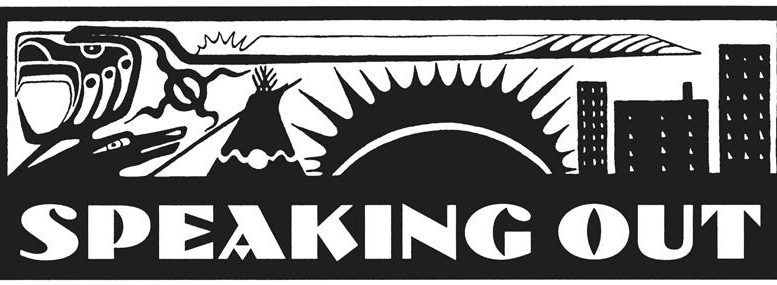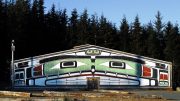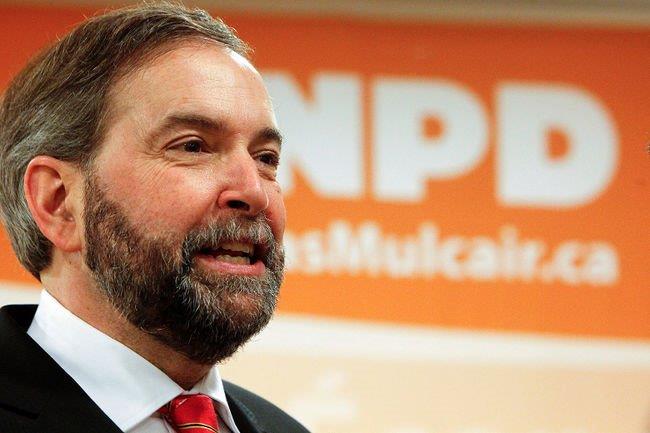by the Union of BC Indian Chiefs
(April 21, 2020) – In general, B.C’s response to the pandemic appears to be showing promising results. On April 20, there were 52 new cases reported in B.C. (a two-day total), compared with one-day totals of 606 in Ontario and 836 in Quebec. This is grounds for some cautious optimism, but we should not lose sight of the fact there are still significant vulnerabilities within our province’s overall response. One of these is the Downtown Eastside and B.C.’s homeless population, where the first Covid-19 cases are being reported. Another is the province’s prison system, where there are significant outbreaks and the first deaths being recorded. A third point of vulnerability is long-term care facilities, where a high death rate has taken place in over two dozen infected facilities.
This open letter addresses a fourth weak link — B.C.’s construction work camps. Work on megaprojects is continuing despite the pandemic, and the crews are still sizeable. BC Hydro still reports 975 workers are present at Site C. Fully 1,500 workers at Teck’s Elk Valley operations are reportedly still at their jobs, 400 at the Coastal Gaslink project and as many as 600 at the LNG Canada project in Kitimat.
To date the province has restricted Covid-19 testing to symptomatic workers, while inexplicably ignoring abundant and growing evidence for asymptomatic transmission, which studies reveal can range from 23% to as high as 62%. When 600 sailors on the aircraft carrier USS Theodore Roosevelt tested positive for Covid, 60% of them had no symptoms.
And U.S. media have reported on a homeless shelter in Boston where 397 residents were tested and 146 came back positive — but every single one of the 146 positive individuals were completely asymptomatic.
On April 20, Dr. Bonnie Henry reported on the outbreak at the Kearl Lake, Alberta work camp, which has transmitted the virus to B.C. There are already 7 Covid cases in Interior Health and Northern Health linked to returning workers from the camp, and despite this the camp remains open and Dr Henry admitted “we know there are more people coming back and forth.”
Only limiting work forces to skeleton maintenance crews at these camps will adequately protect the health of workers, their families, area communities and the workers’ home communities. If the province continues to refuse to act it will only guarantee the continuing silent spread of the disease.







Be the first to comment on "BC Indigenous Leaders, Doctors, Nurses And Others Call For Closure Of Construction Camps"